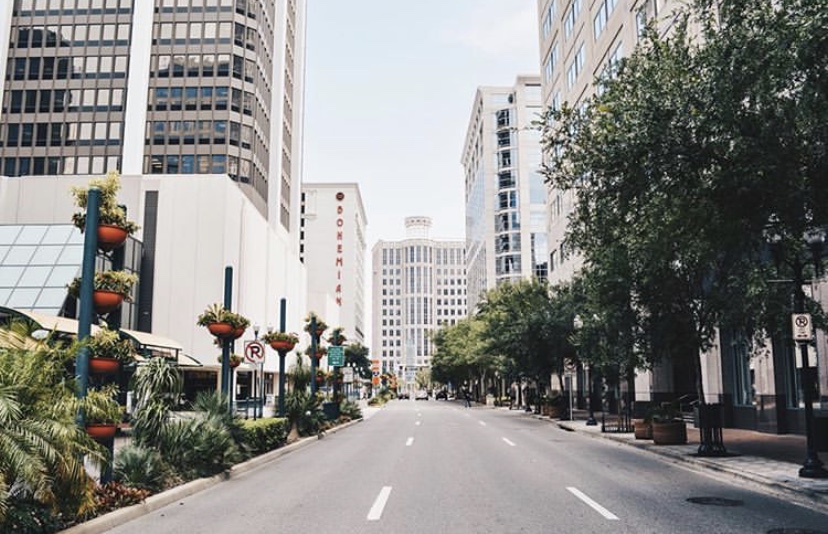How COVID-19 has affected student workers
“If things stay the way they are then I don’t see us opening for a while and I’ve got bills to pay, which is why I’m applying to places that are opening and hiring,” said Samel Perez, a Valencia student and amusement park employee.
April 20, 2020
As the state of Florida hunkers down under new ordinances and orders to battle the COVID-19 pandemic, Orange County passed Emergency Executive Order No. 2020-04 – which shuts down businesses deemed “non-essential.”
While the order itself does not go into detail to provide an exact definition of essential business, there is an extensive list of guidelines for it – it comes down to workplaces vital to human living. While this primarily will help shorten the spread of the virus, many are currently out of work as the U.S. Department of Labor has registered numbers that could potentially come to rival the numbers of America’s worst recessions.
With universities being among the many facilities to be closed, students have seen the ramifications of the virus on two different fronts. Many college students find work in the restaurant and retail industry – which are among those considered non-essential. While their income may have ceased, their expenses will not.
Debbie Medina, a Seminole College student, spoke about her current financial situation.
“[Being out of work] creates stress because at the end of the day the world doesn’t stop. Bills keep coming even if the money is not coming in,” Medina said. “Which creates stress in my mind on how I’m going to keep a roof over my head or food on the table.”
Aside from the pressures of income, other students were concerned with their employment status.
“If things stay the way they are then I don’t see us opening for a while and I’ve got bills to pay, which is why I’m applying to places that are opening and hiring,” said Samel Perez, a Valencia student and amusement park employee.
This same sentiment is shared by many others who have nothing else to fall back on without any work or their own employers offering support.
Even with these unusual times for younger workers, there is optimism, as expressed by Troy Holst, a Seminole College student and restaurant worker.
“From my experience of working in a restaurant, it’s probably one of the cleanest places to go,” Holst said. “We wear gloves and must wash our hands constantly, as well as washing we use properly.”
Amongst each of these students, there was one common belief: regardless of business and revenue, these precautions are the most vital to seeing everything return normal.




